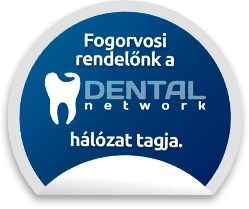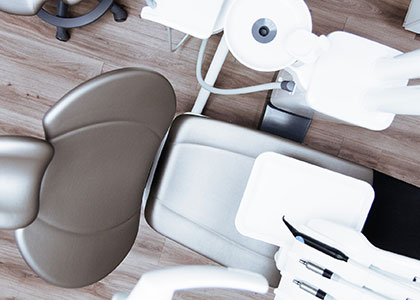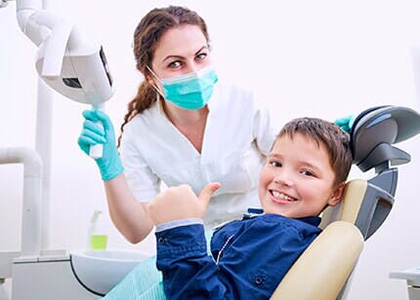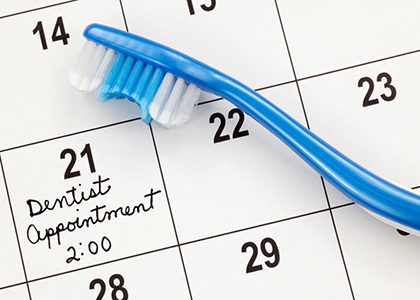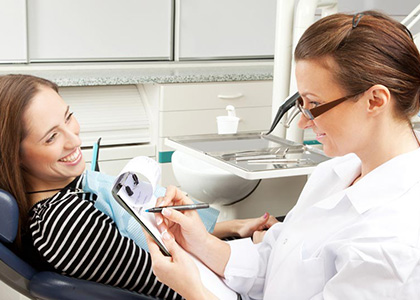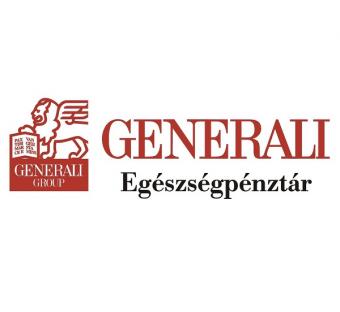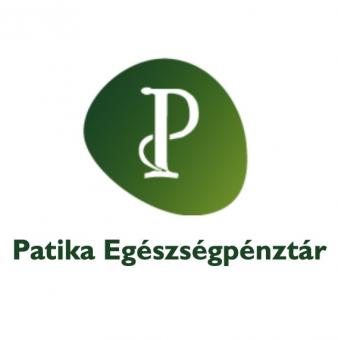Bruxism (Teeth Grinding): Causes, Symptoms, and Treatment
Teeth grinding, also known as bruxism, occurs when individuals clench or grind their teeth without performing any chewing action. Commonly experienced during sleep, it can also happen while awake. What causes this condition, and what can be done to eliminate it?
Causes of Bruxism
Primary bruxism occurs independently and is not a consequence of another condition.
Primary Bruxism in Children: Common during tooth growth, it usually resolves on its own without causing permanent damage as the teeth and jaw quickly grow during childhood.
Improper Bite and Missing Teeth: Misalignments or irritations in the mouth can contribute to grinding or clenching.
Stress: A significant cause of bruxism in adults.
Lifestyle Factors: Regular smoking, alcohol consumption, and excessive caffeine can increase the risk of bruxism.
Secondary bruxism results from other health conditions or circumstances.
Anxiety and Depression: Often linked with stress, these conditions can contribute to bruxism.
Neurological Conditions: Disorders like Huntington's disease and Parkinson's disease may involve sleep-related movements that cause bruxism.
Medication Side Effects: Certain antidepressants and antipsychotics can lead to bruxism.
Sleep Apnea: This condition interrupts breathing during sleep, reducing sleep quality and promoting grinding or clenching.
Symptoms of Bruxism
While occasional teeth grinding may not cause harm, regular occurrences can lead to tooth damage and other oral complications.
Signs and symptoms of bruxism include:
Chipped, broken, or loose teeth.
Worn tooth enamel, exposing deeper layers of the tooth.
Increased tooth pain or sensitivity.
Tired or tight jaw muscles, or a locked jaw that won't open or close completely.
Jaw, neck, or face pain.
Pain that feels like an earache.
Dull headache starting in the temples.
Damage from chewing on the inside of the cheek.
Sleep disturbances.
Consequences of Clenching
Long-term bruxism can lead to:
Gum inflammation or bleeding due to enamel wear.
Damage to dental restorations like crowns and fillings.
Tooth fractures.
Temporomandibular joint disorders.
A dentist can diagnose the condition during a dental exam. Although enamel wear can be caused by abrasive substances in toothpaste, acidic beverages, hard foods, or vigorous brushing, a skilled professional can distinguish the wear patterns associated with each cause.
Treatment for Bruxism
If you grind your teeth, your dentist can help find the best solution to stop bruxism.
Mouth Guards
Nightguards prevent nighttime teeth grinding, reducing stress on the jaw. These devices can be custom-made in dental offices or bought over the counter. Custom guards are more comfortable than store-bought ones, as they are tailored to fit the exact size and shape of the jaw.
Dental Corrections
In severe cases where tooth wear has led to sensitivity or chewing difficulties, it may be necessary to restore the teeth's surfaces, such as using crowns.
Biofeedback
Biofeedback is a technique to help become aware of and eliminate an unwanted behavior. It can be used to alleviate both awake and asleep bruxism. Through sessions, a biofeedback therapist teaches how to control jaw muscle movements.
Stress Reduction Techniques
To combat bruxism, consider trying stress-reduction techniques that can alleviate internal tension. Meditation, yoga, therapy, and physical exercise can be effective.
Fehérvári Dental: Professional Dental Care in the Heart of Budapest
Since our establishment in 1997, we aim to provide the highest quality of comprehensive dental care to your family, from toddlers to great-grandparents. Our specialists cover all areas of dentistry, enabling us to handle complex treatments requiring multiple dental specialists on-site. Our team operates seamlessly throughout the entire care process, from clinical assessments to administrative tasks.
Our dental practice is outfitted with top-tier equipment, including three modern treatment rooms and an imaging area equipped with panoramic and intraoral X-rays, teleradiography, and CBCT. Our clinic's design includes a spacious lift connecting the levels, accommodating those with mobility limitations and families with strollers.
Book your appointment now!
